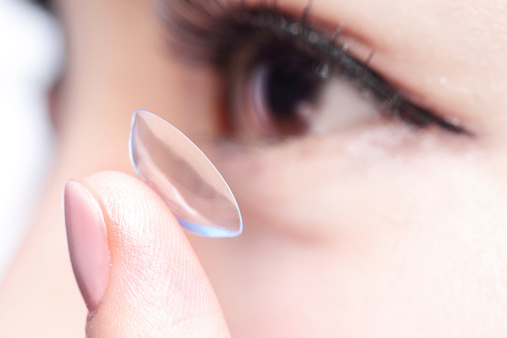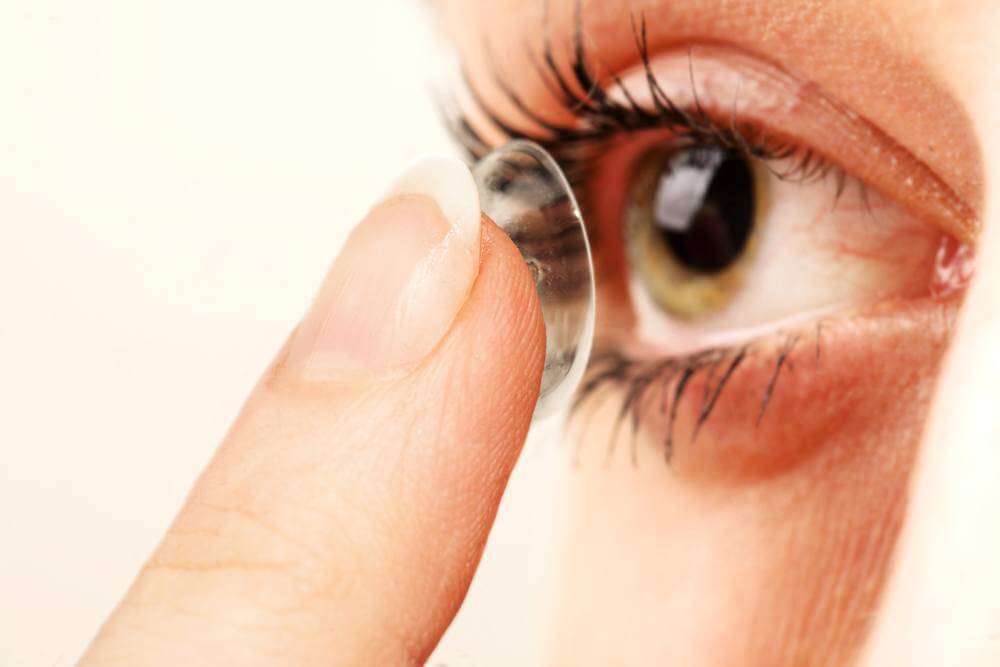Contact lenses are a safe and effective eyesight corrective tool for millions of people around the world, but when cared for incorrectly they can cause more problems than they solve. If you use contact lenses on a regular basis, it’s crucial that you know exactly how to manage your lenses to avoid eye infections and further deterioration of your eyesight. Follow these tips to make sure you’re up to date on the facts.

- Know your options. While contact lenses can work well for some people, they’re not your only option when it comes to correcting your eyesight. There are alternatives like laser eye surgery that could fix your vision for years to come in a more permanent way. Laser treatments take away the hassle of caring for your contacts and give you brand new eyesight rather than temporarily masking the problem.
- Prepare properly. Before you touch your contact lenses or handle them in any way, make sure your hands are completely clean. Dirty hands can transfer bacteria and lead to infections or irritate your eyes. Wash your hands with a mild soap that doesn’t have an irritating fragrance or ingredients that could damage your eyes.
- Avoid lint. This is a common mistake that many contact lens users make. When you dry your hands after washing them, use a lint-free towel. Although you may not be able to see them, little fragments of lint can get into your eyes when handling your contact lenses and quickly cause itchiness and problems with your vision.
- Store them in the correct liquid. Tap water or even distilled mineral water is not sterile; so don’t keep your contact lenses in any type of water except the liquid provided specifically for the lenses. Rinsing the lenses in your mouth won’t work either –saliva is a great breeding ground for bacteria.
- Use contact-specialised products. Alongside your special solution for the contact lenses, you’ll need to use the specific products designed to complement your contacts. This may include eye drops, disinfectants, and cleansers. Don’t use contact lens products that are not designed for your specific type of lenses.
- Use the rub and rinse method. When cleaning your contact lenses, give them a good rub with your fingers and then rinse them with the contact lens solution. Doing this before soaking your lenses in the solution will help keep them clean and protect your eyes from damaging dirt and bacteria.
- Go for your annual check-ups. Your eyesight may change while you wear your contact lenses, so it’s important to go for regular check-ups with your optometrist to keep the lenses up to date with the prescription strength you need. You should also notify your provider immediately if you have any sort of negative reaction to your lenses, including pain, itching, blurred vision, or swelling.
- Avoid infection risk factors. Be aware of the range of factors that can raise your risk of getting an eye infection. These include smoking, poor hygiene, using extended-wear contact lenses, and continuing to wear your lenses after they reach their expiry date. You should also avoid cosmetic lenses that simply change your eye colour without helping your vision – they can often be dangerous and cause lasting damage.


Hey, Thanks for sharing these wonderful tips. I really enjoyed reading your article. Especially the 4rth tip you mentioned above is the best paragraph of your article where you mentioned “Store them in the correct liquid. ”
Actually, storing lenses in incorrect liquid can decrease their life and can cause bad effects to eyes.